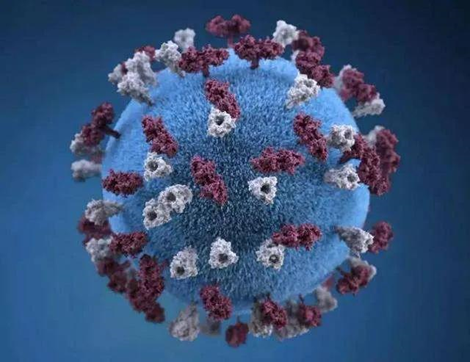COVID-19 outbreak has not only posed a great threat to the health of the Chinese people, but also impacted the international situation from the economic, political, security and ecological perspectives. On March 13, the CISS held a webinar themed “International Security and Strategy and Major Power Relations during the Outbreak of COVID-19”.

The webinar, chaired by Mme Fu Ying, focused on four topics, including “impacts on countries and global agenda”, “impacts on the world economy and finance”, “impacts on international landscape and major power relations”, and “impacts on the East Asia”. Attendees included academic committee members and fellows of CISS, and nearly 20 guests from the Chinese Academy of Social Sciences, Tsinghua University, Peking University, Nanjing University, China Foreign Affairs University, China Institute of International Studies and other institutions.
The experts and scholars analyzed and evaluated countermeasures and governance modes of countries around the world in response to the novel coronavirus. They believed that despite the differences in the means against the pandemic, the countries share the same end, and thus they need to learn from each other and from their own lessons. The sudden outbreak has changed the global agenda and will continue to be the focus of the international community in the next few months, for which China must be well prepared.
Participants agreed that COVID-19 struck a severe blow to the global economy, specifically, by disruption of supply chains, stagnation of import and export, plunge of oil price, and crashes of global stock markets. Long-time shutdown of factories and companies has made China excessively difficult to secure steady economic growth, apart from its huge impacts on people’s normal life. Therefore, it is necessary to resume work and production while keeping the coronavirus under control. At the same time, work shall be done to avoid the input of financial risks brought by the recent shock in the global financial markets.
According to experts and scholars, the worldwide spread of the coronavirus may frustrate the globalization. Relations among China, the US, EU and Russia are undergoing profound changes. Unfortunately, till now, there has been no global cooperation against the virus yet. Instead, institutional competition looms larger in the world. Following the philosophy of a community with a shared future for mankind, China should take this opportunity to advocate and guide regional and international cooperation against COVID-19 in a more proactive and professional manner, in a bid to improve global governance on public health and improve China’s image as a constructive and responsible power.
Participants also exchanged their views on the nuclear issue on the Korean Peninsula and the situation in the South China Sea impacted by COVID-19 and in the post-pandemic era.
Fu Ying summarized the discussion by saying that when confronted with a public health crisis, we need to have a holistic view on the international situation. Think tanks should produce timely, objective and comprehensive research reports based on realities.
By Huang Xiaojia
